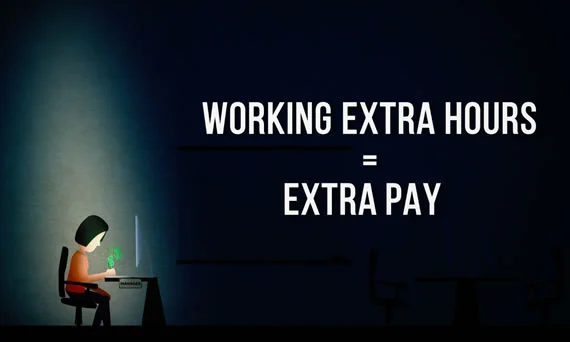Over the past decade, technology has revolutionized bookkeeping practices and accounting systems. Bookkeeping software helps small business owners to enter and mange financial information on their own, more efficiently than ever before. Reporting functions provide quick access to the information that matters most. And with the proper information, business owners are empowered to make better financial decisions.
Cloud based software has taken the benefits of bookkeeping technology to a whole new level, allowing business owners to access financial data from anywhere. With secure online file storage, financial data can be quickly and easily shared with others as well. This is particularly helpful to business owners who rely on outsourced accounting support.
The support of a professional bookkeeper ensures that financial information is not only accessible but that it is entered and analyzed accurately. Cloud based software and online file sharing help to enhance the efficiency of outsourced accounting because key performance indicators can be accessed remotely and monitored consistently by someone who knows what they are looking for. Learn more about the peace of mind that accounting software and outsourced support provide by reading a DEKE Bookkeeping client feature.
I strongly encourage all business owners to adopt a cloud based bookkeeping solution (like Quickbooks Online or Xero). With the proper software, most business owners can easily manage basic accounting functions in house (invoicing, bill payments, etc) and make more informed financial decisions over time.
Need help implementing software or ensuring the accuracy of your financial data? Or perhaps you just need to free up more of your time to focus on operations? Professional bookkeeping support may be right for your business. Email David@DEKEbookkeeping.com to learn more.




















